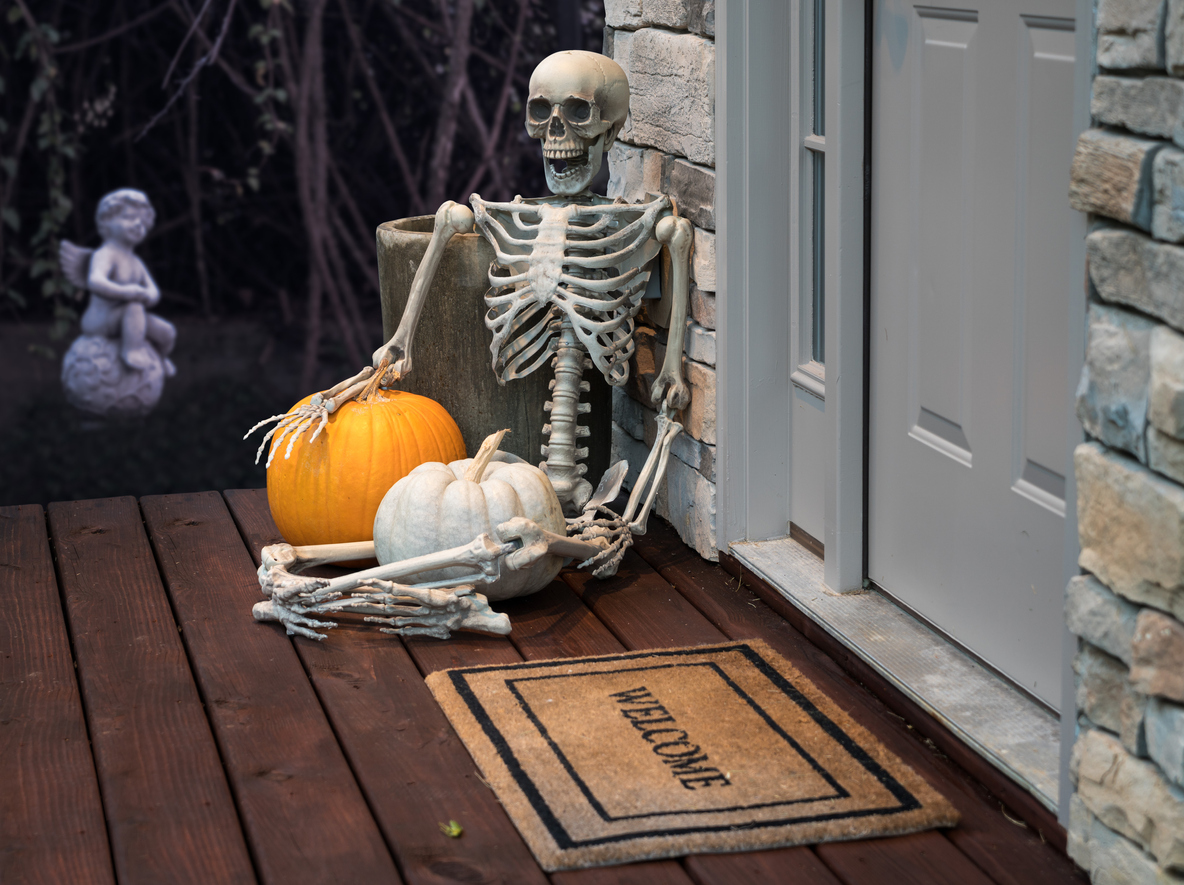What happens to my mortgage when I die?
If you’re one of the 44% of Americans that has a mortgage, you may have wondered what would happen to your loan if you died. Let’s get into the details so you can rest in peace knowing what will take place.
First, a reminder about mortgage insurance
Mortgage insurance is an insurance policy that benefits your lender in case you, the borrower, default on your loan. If you die, and you had no co-signers on your loan to assume the debt or heirs who wish to take it over, your lender would reach out to the mortgage insurance company to make a claim towards recouping the remaining balance on your loan. Your home would also be put into foreclosure.
Now, let’s go over what might happen with your mortgage.
Option 1: Your heirs take over your mortgage
If you die before fully paying back your mortgage, your heirs can assume your mortgage if they choose to. Under federal law, lenders must allow family members the choice of taking over a mortgage when they inherit residential property. The lender can’t investigate whether they can repay the loan. The heir can either keep the loan in your name and pay on your behalf or refinance the loan to have it in their own name.
Option 2: Your estate pays off your mortgage
You can write in your will that other assets in your estate will be sold to pay off your mortgage. If there are enough funds to pay off your mortgage, the home can either be sold and the funds divided among your heirs, or one of your heirs can take over the title of your home.
Option 3: Yours heirs sell the home
If the mortgage payments are too much for your heirs to assume, they can sell the home. If the lender agrees to it, the home can be sold through a short sale. That means the property is sold and the proceeds fall short of the mortgage debt. But after the sale, the lender is satisfied, and your heirs will not owe any additional money.
If a short sale is not possible, the loan will go into foreclosure and the house will be put for sale. Depending on the state where the home is located, your estate or heirs may be responsible for paying further money if the foreclosure sale does not fully satisfy the outstanding loan debt. However, the following states have an anti-deficiency law where this is prohibited: Alaska, Arizona, California, Connecticut, Hawaii, Iowa, Minnesota, Montana, Nevada, New Mexico, North Carolina, Oregon, Washington, and Wisconsin. In those states, your lender cannot sue your heirs for the remaining mortgage debt after the sale of the home.
Option 4: Your reverse mortgage is paid off
A reverse mortgage loan comes due upon the death of the borrower. If you have no other co-borrower that is living, your heirs will have to make sure the loan is paid back. This can be done using money from the estate or by selling the home. If the home is sold, your heirs will inherit whatever equity is left after your lender is repaid.
Option 5: Your Home is Seized to Pay Other Debts
Depending on the state where your home is located, your home may need to be sold to pay your debts after your death. Your heirs may keep what is left after your debts are paid.
If you have any questions about your home loan, reach out to your local Mann Mortgage lender. If you’re nervous about paying off your home loan before you die, they can help you go over the pros and cons of refinancing for a shorter term.

